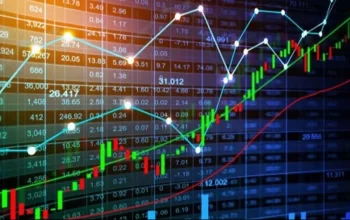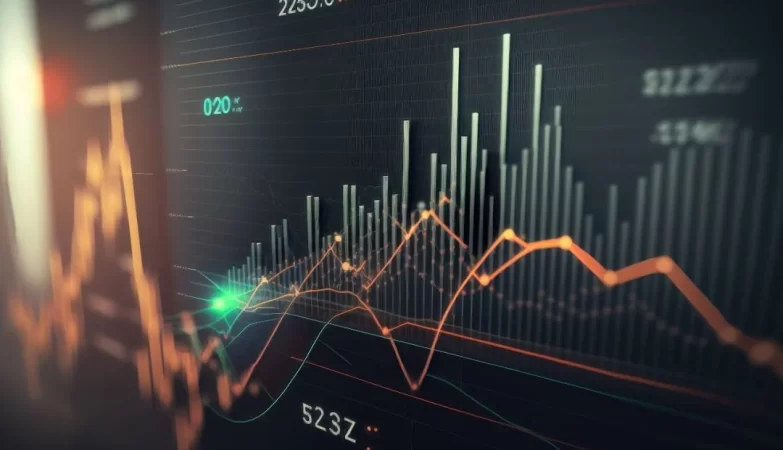The stock market has an impact on individual businesses in numerous ways. Listed below are two of the most fundamental ways that the market impacts individual businesses. Consumer spending and business operations are directly affected by the daily movement of stock prices. While these two effects are not equal, they are mutually related. When the market performs well, companies tend to hire more workers, reduce unemployment and borrow money to continue expanding their business. The opposite effect occurs when stocks decline sharply.
During a bull market, a country’s GDP may rise. This increase is beneficial to businesses as they can issue new debt to fund new projects and recruitment drives. Higher stock prices can increase consumer spending and increase profits. This in turn helps the economy as the stock market rises. Similarly, a falling stock market can lower consumer sentiment and discourage spending. Therefore, a bear market may be detrimental to a country’s GDP.
The dilution effect still exists, but now it’s reflected in the growth of real EPS. In the last 40 years, the wedge between EPS and GDP growth was 2.1%, which explains why real stock prices lagged GDP growth by 0.6%. Furthermore, the long bull market in the 1980s inflated the PE ratio to unprecedented levels. Consequently, this extreme expansion in the PE ratio may have contributed to the dilution effect.
Positive changes in GDP are also good news for equity markets. This is because positive changes in stock prices are generally accompanied by increased investor interest and bond sales. This means that investors are less exposed to risk. Positive changes in GDP have a positive impact on share prices, since they attract new investors. In addition, they can lead to the creation of new business opportunities. And this means that investors are able to enjoy higher dividends.
A rising stock market creates an environment of confidence among people, which leads to increased spending on expensive products. This effect, called the wealth effect, boosts GDP by driving an increase in consumer spending. Meanwhile, a fall in stock prices creates an environment of uncertainty and reduces investment capital and hence economic growth. As a result, GDP can suffer if the stock market is not well-managed. A falling stock price can have adverse consequences on the economy as people begin to save more money.
As consumers feel savagely deprived of their retirement funds, they pull back on spending. This erodes their confidence, leading them to curtail their spending habits. When stock prices fall, their fear of losing wealth and purchasing power drives them to cut back on purchases. As a result, consumer spending drops sharply, reducing GDP growth. This affects companies as well as individuals. If the stock market is not doing well, businesses are less likely to obtain financing from banks and other financial institutions.
While the stock market is not moving along with the economy, it still provides useful information to investors. It has been known to be highly predictive of future economic growth, although its movements are not as accurate as those of GDP. In fact, equity market returns explain about 22% of GDP growth prior to 1913, 32% before 1976, and 38% of growth since the year after 1976. Therefore, stock market returns can partially predict economic output.








